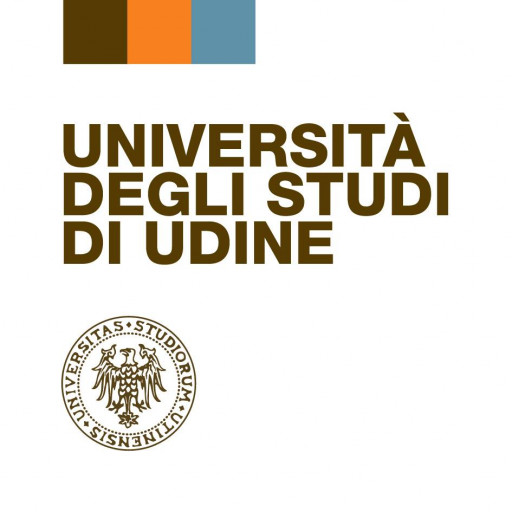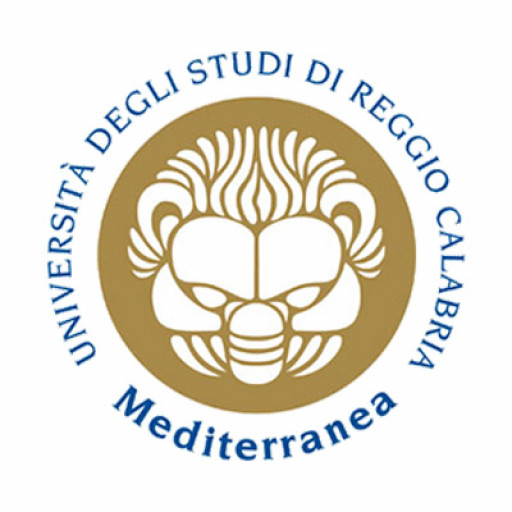Photos of university / #universityofleeds
The SUDS Retrofit Planning: A Scalar Approach to Site Prioritisation program at the University of Leeds is designed to equip students with advanced knowledge and practical skills in sustainable urban drainage systems (SUDS) and their effective integration into urban planning and development projects. This innovative course emphasizes a scalar, data-driven approach to prioritizing sites for SUDS retrofit interventions, enabling future environmental engineers, urban planners, and sustainability consultants to make informed decisions that enhance urban resilience, reduce flood risks, and improve water quality.
Throughout the program, students will explore the principles of sustainable drainage systems, understanding their role in managing surface water runoff and mitigating urban flooding. The curriculum covers hydrological modeling, GIS-based site assessment, environmental impact assessment, and cost-benefit analysis, providing a comprehensive foundation for planning and implementing effective retrofit solutions. The course also emphasizes the importance of site-specific considerations, integrating environmental, social, and economic factors into the decision-making process, employing a scalar approach to evaluate and rank potential retrofit sites based on various criteria.
The University of Leeds leverages its strong expertise in urban sustainability and environmental sciences to deliver a multidisciplinary learning experience. Students will engage in practical projects, case studies, and simulations that replicate real-world challenges faced by urban planners and environmental engineers. They will develop proficiency in using advanced software tools and spatial analysis techniques to identify high-priority sites for SUDS implementation, optimize retrofit designs, and create sustainable drainage strategies tailored to diverse urban contexts.
By completing this program, graduates will be well-equipped to contribute to improving urban water management and climate resilience initiatives. They will possess the analytical capability to undertake site prioritization using scalar approaches, assess the potential impacts of retrofit solutions, and effectively communicate their findings to stakeholders. The program prepares students for careers in consultancy firms, local government departments, environmental agencies, and research institutions focused on sustainable urban development.
Overall, the SUDS Retrofit Planning: A Scalar Approach to Site Prioritisation program at the University of Leeds offers an essential blend of theoretical knowledge and practical skills necessary for advancing sustainable urban drainage solutions and supporting cities in adapting to the challenges of climate change and urbanization.
The SUDS Retrofit Planning program at the University of Leeds provides students with a comprehensive understanding of sustainable urban drainage systems (SUDS) and their critical role in modern urban development. This program is designed to equip students with the knowledge and skills needed to assess, plan, and implement effective retrofit strategies for existing urban areas to enhance their drainage capabilities and mitigate environmental impacts. Throughout the course, students will explore a wide range of topics, including the principles of sustainable drainage design, flood risk management, and the integration of green infrastructure solutions into existing urban landscapes. The program emphasizes the importance of a scalar approach to site prioritisation, enabling students to evaluate different locations based on environmental vulnerability, social factors, and technical feasibility.
Students will engage in practical case studies, working on real-world projects to develop their analytical and problem-solving abilities. They will learn how to utilize advanced planning tools and modelling techniques to assess site potential, identify priority areas for intervention, and design tailored retrofit solutions that align with sustainability goals. The curriculum also covers policy frameworks, regulatory considerations, and stakeholder engagement strategies, preparing graduates to operate effectively in multidisciplinary teams and contribute to sustainable urban infrastructure development.
Designed for professionals seeking to deepen their expertise in urban planning, environmental management, or civil engineering, this program offers a blend of theoretical knowledge and applied practice. Graduates will be well-equipped to support local governments, environmental agencies, and private sector clients in developing resilient, sustainable urban drainage systems. With a focus on innovative, scalable solutions, the SUDS Retrofit Planning program aims to foster environmentally conscious practitioners capable of creating smarter, more sustainable urban environments for the future.
Program requirements for the SUDS Retrofit Planning: A Scalar Approach to Site Prioritisation program at the University of Leeds include a comprehensive understanding of sustainable urban drainage systems, advanced knowledge of site assessment techniques, and proficiency in applying scalar prioritisation methods to retrofit projects. Students are expected to have a foundational background in civil engineering, environmental science, or urban planning, with prior experience in hydrology and drainage design considered advantageous. The program emphasizes analytical skills to evaluate existing urban drainage infrastructure and identify opportunities for sustainable improvements. Participants will learn to develop and utilize models that assign scalar values to site-specific factors, facilitating effective prioritisation based on environmental impact, technical feasibility, and socio-economic considerations. Coursework involves case studies, GIS mapping, and the application of scoring systems to compare multiple sites within urban settings. Collaboration with industry partners and participation in practical planning exercises are integral to the curriculum, enabling students to translate theoretical concepts into actionable retrofit strategies. Critical thinking and problem-solving abilities are cultivated through project-based assessments, requiring students to design retrofit solutions tailored to diverse urban contexts. The program also requires students to stay updated with current regulations, standards, and innovations in sustainable urban drainage. Successful completion prepares graduates for careers in urban planning, civil engineering, and environmental consultancy roles focused on retrofit planning for sustainable urban drainage systems. Overall, the program is designed to develop expertise in site prioritisation methodologies, particularly scalar approaches, to support the effective, sustainable upgrading of urban drainage infrastructure.
Financing studies for the SUDS retrofit planning program at the University of Leeds typically involve a combination of public funding, university resources, research grants, and potential industry collaboration. The program is designed to develop and implement sustainable urban drainage systems by applying a scalar site prioritization approach, which necessitates comprehensive analysis, field data collection, modeling, and stakeholder engagement. Funding sources may include governmental agencies such as the UK Environment Agency and local councils, which often support projects aimed at improving urban resilience and flood management. Additionally, the university may allocate internal funds or seek external research grants from organizations like the Engineering and Physical Sciences Research Council (EPSRC). Industry partners interested in sustainable infrastructure and water management technologies could also contribute through sponsorship or collaborative research agreements. The program's focus on innovative methodologies aligns well with funding priorities that emphasize sustainability, climate change adaptation, and urban environmental improvements. Such financial backing enables the university to cover costs related to specialized equipment, software development, personnel, and dissemination activities like conferences and publications. Moreover, the program aligns with national strategies for urban development and climate resilience, increasing its eligibility for dedicated funding streams. Strategic planning for financing involves securing multi-year commitments to ensure continuity in research activities and implementation phases, which prove crucial for comprehensive site evaluations and pilot projects. Overall, the program's financing framework is built upon a mixed model of public, private, and institutional sources, emphasizing collaborative efforts to advance sustainable urban planning solutions.
The "SUDS retrofit planning: a scalar approach to site prioritisation" program at the University of Leeds focuses on sustainable urban drainage systems (SUDS), aiming to enhance the environmental resilience of urban areas by optimizing the planning and implementation of SUDS infrastructure. This program emphasizes the development of a scalar approach to prioritize sites for retrofit, considering various environmental, social, and economic factors. It integrates innovative planning methodologies, spatial analysis, and hydrological modeling to identify areas where SUDS can be most effectively implemented to reduce flood risk, manage surface water runoff, and improve water quality.
Participants in this program are engaged in multidisciplinary research, combining civil engineering, environmental science, urban planning, and data analysis. The curriculum covers fundamental principles of sustainable drainage, site assessment techniques, and decision-making frameworks. Students learn to develop site-specific retrofit strategies prioritizing locations based on vulnerability, feasibility, cost-effectiveness, and potential environmental benefits. The program also explores policy implications and stakeholders' engagement to facilitate effective implementation of SUDS in urban landscapes.
The program employs a range of advanced tools, including Geographic Information Systems (GIS), remote sensing, and hydrological modeling software, to support decision-making processes. It emphasizes a scalable methodology, which allows city planners and engineers to adopt a flexible, site-specific approach while maintaining a consistent prioritization framework. This approach helps urban planners allocate resources efficiently, accelerate project deployment, and maximize the positive impacts of SUDS retrofits across different urban contexts.
Overall, the program aims to contribute to sustainable urban development by providing future engineers, planners, and researchers with the knowledge and skills to implement effective, science-based solutions for urban water management challenges. It aligns with global efforts to adapt cities to climate change impacts and promote resilient infrastructure through sustainable planning practices. Graduates are prepared to work in academia, consultancy, government agencies, and urban development organizations, supporting efforts to create greener, more resilient cities through strategic SUDS retrofit planning.










